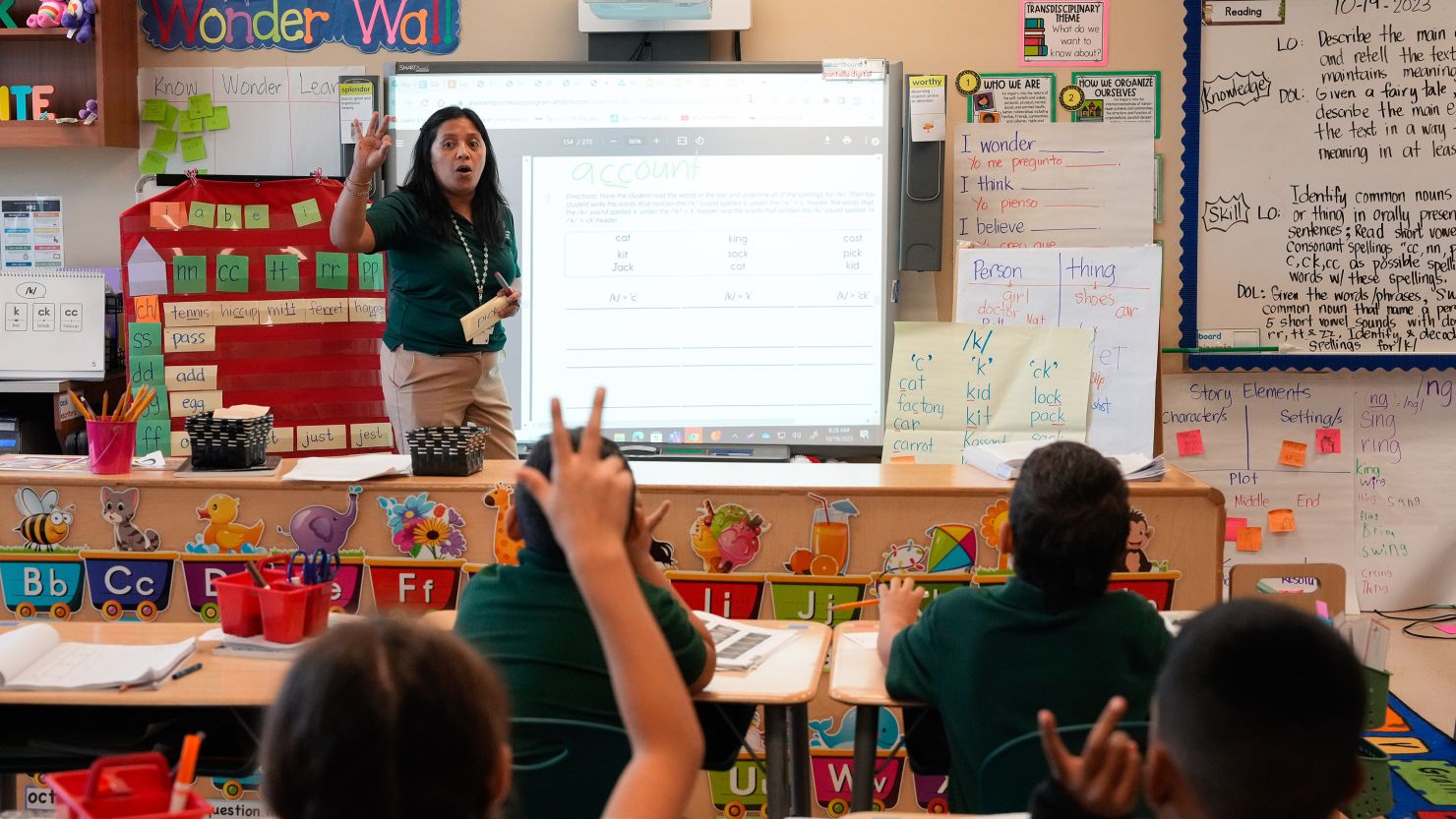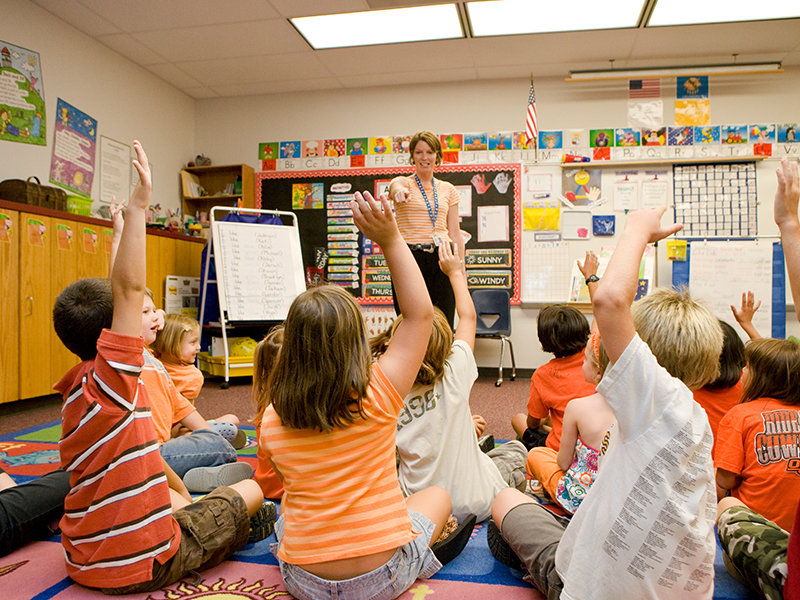The Important Role of Kindergarten in Kid Advancement: Realities and Insights for Moms and dads
Kindergarten offers as a critical foundation for youngster advancement. It offers structured very early understanding experiences that substantially influence cognitive, social, and psychological growth. Kids involve in tasks that boost language skills and essential believing while likewise discovering to browse social communications. Comprehending the effect of this developmental stage is essential for moms and dads. What specific advantages does preschool provide, and just how can moms and dads best sustain their children during this essential time?
The Relevance of Very Early Discovering Experiences
Many may undervalue the value of very early discovering experiences, they play a necessary duty in shaping a kid's cognitive, social, and emotional advancement. Throughout these formative years, youngsters involve with their environment, getting language abilities and foundational expertise that set the phase for future understanding. Exposure to diverse learning activities fosters important thinking, creative thinking, and analytic capabilities.
In addition, early learning experiences assist kids develop self-regulation and strength, outfitting them to encounter challenges ahead. Involvement in organized understanding settings urges curiosity and expedition, critical characteristics for academic success. These experiences likewise present kids to assumptions and routines, advertising a complacency and belonging.
Research has actually revealed that top quality early education can greatly influence lasting academic results, lowering the possibility of finding out difficulties. By emphasizing the value of early learning, moms and dads and educators can better support youngsters within their complete potential, eventually adding to their total health and future success.
Building Social Friendships and abilities
Building social abilities and developing relationships are essential facets of a youngster's advancement that often arise from early understanding experiences. In kindergarten, youngsters involve in different tasks that advertise interaction, communication, and teamwork. They learn to share, take turns, and cooperate, which are foundational abilities for developing connections.
Structured play and team tasks urge children to browse social characteristics, fostering an understanding of different perspectives and the importance of empathy. As they connect with peers, they exercise problem resolution and create settlement abilities, important for preserving relationships.
These early social interactions aid children grow a feeling of belonging and area, which is crucial for their general well-being. By creating links with schoolmates, youngsters not just enhance their social abilities but additionally gain self-confidence in their capacity to connect to others. Preschool serves as a vital system for supporting social advancement and friendship-building.
Creating Emotional Knowledge
Exactly how do little ones start to recognize their very own feelings and those of others? In the preschool setting, kids engage in different tasks that advertise psychological knowledge. With storytelling, group, and play conversations, they discover to recognize and classify their feelings. Educators usually introduce principles such as compassion by motivating kids to reflect on how others could really feel in various circumstances.
Role-playing exercises allow children to practice recognizing psychological cues, fostering an understanding of social dynamics. Furthermore, led discussions regarding problem resolution recommended you read assist them navigate their psychological actions and establish coping techniques. By connecting with peers in structured settings, kids acquire insights right into the emotional landscape of their schoolmates, which enhances their capacity to form purposeful relationships.
Inevitably, kindergarten works as a vital system for nurturing emotional knowledge, furnishing youngsters with important abilities for future social interactions and emotional health.
Fostering Self-reliance and Self-esteem
In the kindergarten atmosphere, children not just boost their psychological knowledge yet likewise begin to cultivate freedom and self-esteem. This important developmental phase enables youngsters to make selections, resolve troubles, and take duty for their activities. Involving in activities that promote autonomy, such as selecting their own tasks or joining team tasks, aids kids find out to trust their judgment and capacities.
As they browse social interactions, kids get confidence in expressing their thoughts and feelings. Kindergarten. Support from peers and teachers fosters a feeling of belonging, even more improving self-confidence. Activities that need team effort and partnership also teach kids to value their contributions, enhancing their sense of competence
Getting Ready For Future Academic Success
As kids engage in structured learning experiences throughout preschool, they lay an important structure for future academic success. This early instructional phase introduces vital abilities such as literacy and numeracy, enhancing cognitive growth and fostering a love for knowing. Through interactive activities, children find out to adhere to instructions, job collaboratively, and address issues, all of which are crucial in greater academic settings.
Moreover, preschool nurtures social-emotional abilities, allowing kids to handle their feelings, create empathy, and develop relationships with peers. These capacities contribute considerably to a positive class setting and effective understanding.
Study indicates that kids that thrive in kindergarten are extra most likely to perform well in later grades, demonstrating the long-term impact of very early education and learning. Parents play a considerable role in sustaining their child's preschool experience by reinforcing discovering at home and motivating interest, thus preparing them for an effective academic journey in advance.
Regularly Asked Concerns

What Should I Look for in a Good Preschool Program?
A great kindergarten program ought to emphasize play-based learning, certified educators, a secure setting, a well balanced curriculum, opportunities for social interaction, and adult participation. Assessing these variables ensures a nurturing space for kids's early growth and development.
How Can I Assist My Child Change to Preschool?

What Prevail Difficulties Children Face in Preschool?
Common challenges youngsters deal with in preschool consist of splitting up anxiousness, trouble adjusting to organized regimens, social abilities straight from the source advancement, and handling brand-new relationships. These problems can impact their total modification and learning experiences throughout this important modification period.
How Can Parents Support Preschool Understanding in the house?
Moms and dads can sustain kindergarten discovering in the house by providing an organized regimen, participating in interactive analysis, urging imaginative play, making use of academic games, and fostering open interaction regarding college experiences to reinforce learning and build self-confidence.
What Is the Normal Daily Arrange in Preschool?
A normal day-to-day routine in preschool includes morning circle time, structured learning tasks, treat breaks, play, and story sessions, all created to foster social abilities, creative thinking, and fundamental scholastic ideas crucial for very early development.
In the preschool setting, kids involve in various tasks that promote emotional knowledge. As youngsters engage in structured understanding experiences throughout kindergarten, they lay an important structure for future academic success. Kindergarten supports social-emotional skills, making it possible for youngsters to manage their emotions, establish empathy, and construct relationships with peers. Research shows that kids that flourish in preschool are extra likely to perform well in later qualities, showing the long-lasting impact of early education and learning. Common challenges kids face in kindergarten consist of separation anxiousness, trouble adapting to structured routines, social skills growth, and taking care of new relationships.